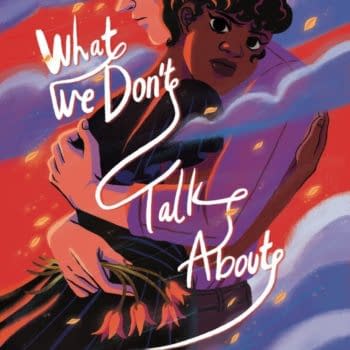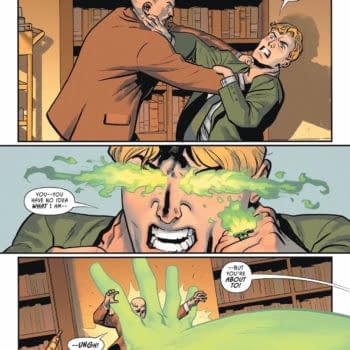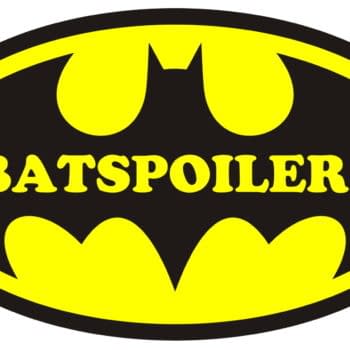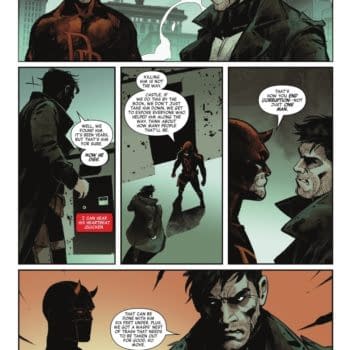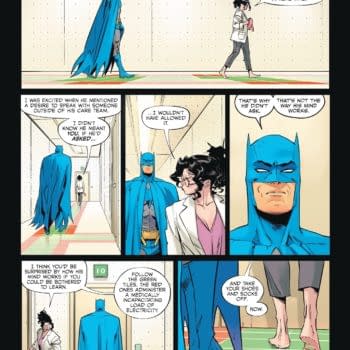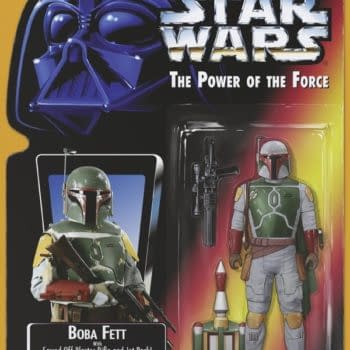Posted in: Comics, Comics Publishers, DC Comics, Justice League | Tagged: comic, comic history, comics & complication, dc comics, justice league: the nail, superman
Comics & Complication, Stories to Guide Us – Superman and The Nail
On the evening of June 2nd, 1932, the father of a young Jewish immigrant collapsed during a late-night robbery at his thrift store. His son, inspired by his own helplessness, went on to create arguably one of the most influential superheroes in history; a man immune to bullets and the ability to stop any crime he sets his mind to; Superman.
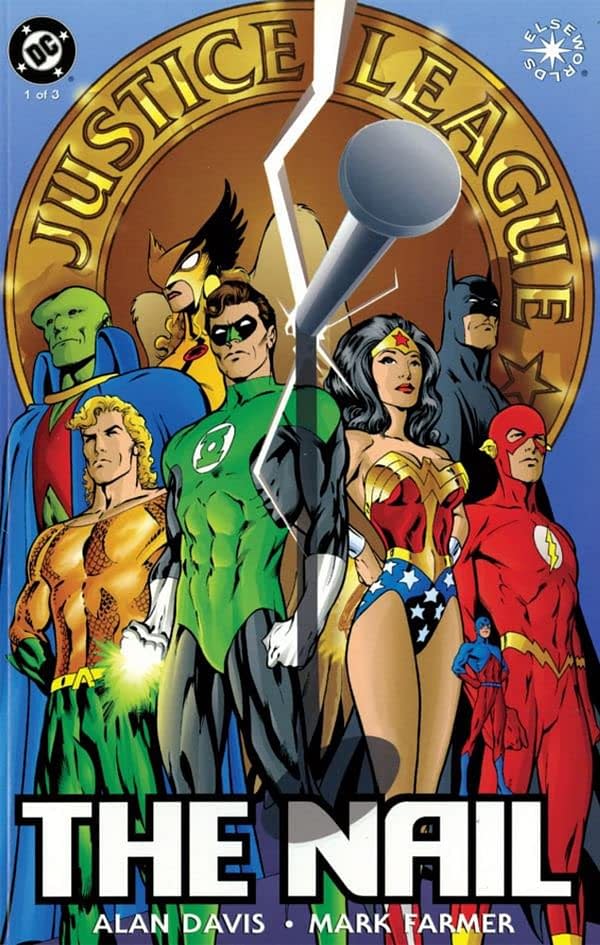
When Kal-El first burst into the comic book scene, not even his creators Jerry Siegel or Joe Shuster could have imagined the influence, he would have on the world. Often referred to as the leader of the Justice League, Superman's iconic boy scout attitude has long shaped the moral compass we usually associate with superheroes.

In a three-issue Elseworld's imprint, Justice League: The Nail, writer, and artist Alan Davis showed fans what a world without Superman would look like. Superman's influence and necessity becomes palpable as we see our favorite heroes struggle and falter in a world where villains are rarely challenged and often succeed.
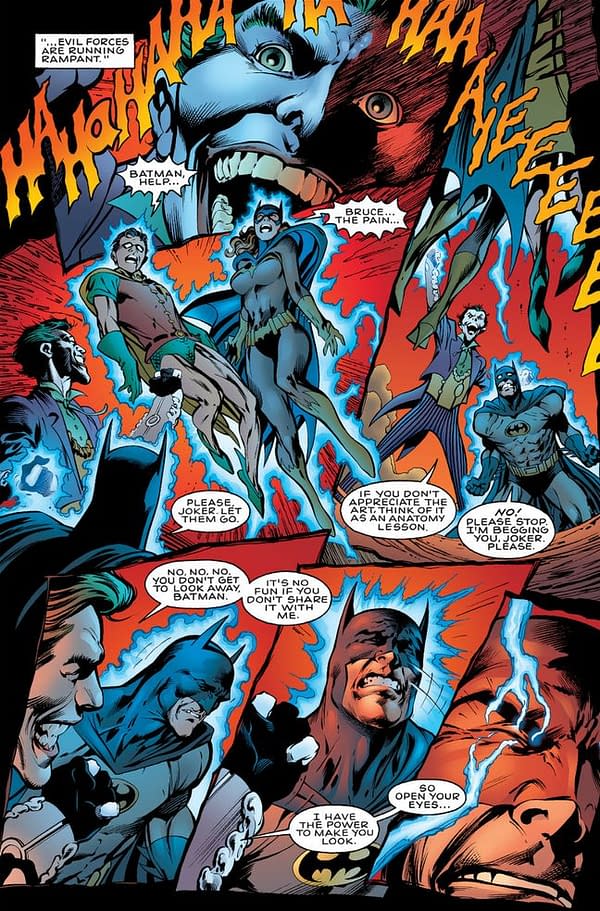
In times of crisis, we have been taught to look for heroes. Jerry Siegel took the sudden death of his father and, in a desperate attempt to avenge his memory, created the strongest superhero Earth had ever seen; Superman. Taking trauma and processing it through heroic properties is a transformative experience.
When my own mother died in 2014, like Jerry Siegel, I looked for heroes too. I found them in the pages of comics, from Peter Parker persevering through complicated teen years to Captain America finding his place in modern society without the familiar by his side. I saw their pain in the unspeakable as Bruce Wayne leaned on a new parental figure in Alfred, and witnessed my mother's own qualities, Diana Prince.
It was through analyzing his deepest fear that Siegel reflected on what society needed most: a hero to look to.
For want of a nail the shoe was lost,
for want of a shoe the horse was lost,
for want of a horse the knight was lost,
for want of a knight the battle was lost,
for want of a battle the kingdom was lost.
So a kingdom was lost—all for want of a nail


